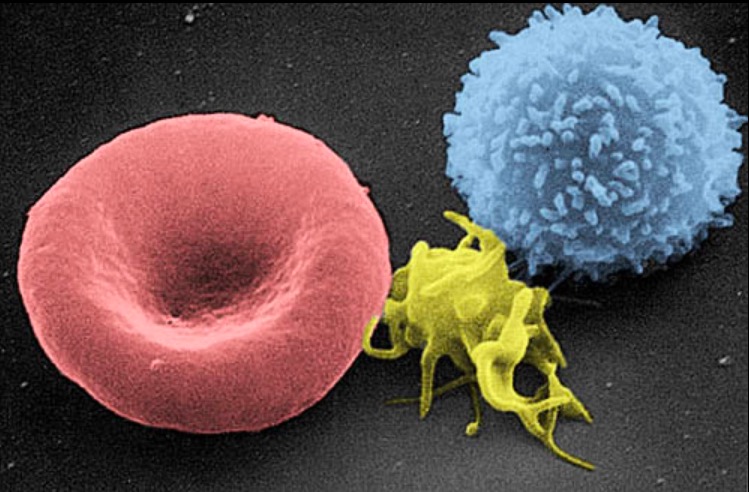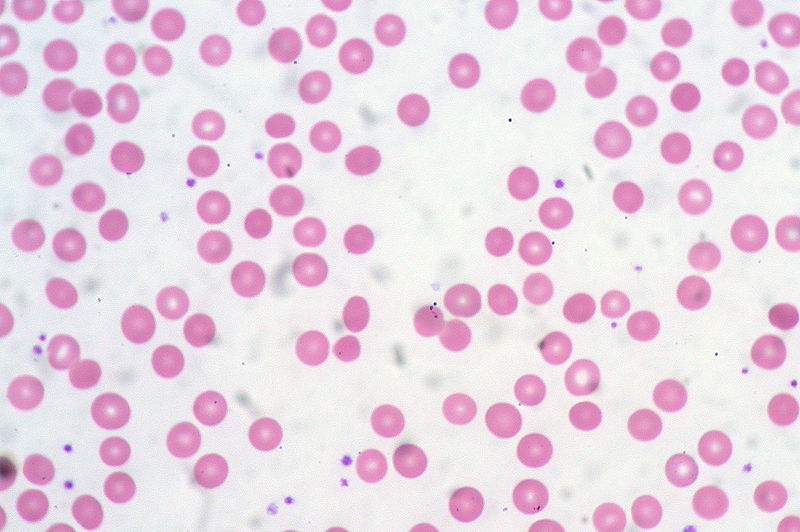Playlist
Show Playlist
Hide Playlist
Anemia in Children: Three Categories
-
Slides Anemia Alverson.pdf
-
Download Lecture Overview
00:01 In this lecture, we’re going to review anemia in children. 00:05 It’s a complicated topic and broad, but we’re going to try and cover it in a systematic way. 00:11 So anemia is a drop in hemoglobin or hematocrit by more than 2 standard deviations. 00:18 There are three major categories that we think of anemia as being in. 00:22 One is impaired production. 00:24 If you can’t make red blood cells, you’ll have fewer of them. 00:27 Another is increased destruction. 00:30 If you’re destroying them, you’ll have fewer of them. 00:32 And the last is just general blood loss. 00:35 Okay. 00:36 So if we’re looking at the area of impaired production of cells, there’s a couple of different ways this can go. 00:44 The first is the patient could have a true red cell aplasia. 00:48 They’re simply not making red blood cells. 00:51 Causes of this include the parvovirus B19 infection. 00:55 So the virus comes in, it actually suppresses bone marrow production. 01:00 Patients may have a congenital inability to actually make red blood cells, a congenital erythroblastopenia such as Blackfan-Diamond anemia. 01:10 Or children can get a unique disease usually in the first few years of life called transient erythroblastopenia of childhood. 01:19 In this condition, they transiently stop making red blood cells and then recover from that a few months later. 01:26 Very rare, patients could have aplastic anemia, Fanconi anemia, leukemia, there are other causes. 01:34 Moving on, patients can have ineffective erythropoiesis. 01:38 This can be because of a problem with actually just making the red cells. 01:42 They're having a difficulty at some stage. 01:45 One is obviously iron deficiency. 01:48 Patients could also be folate or B12 deficient. 01:51 Chronic inflammation such as juvenile idiopathic arthritis can cause an ineffective erythropoiesis. 01:59 Chronic renal failure can decrease EPO production and thus, there will be ineffective erythropoiesis. 02:05 And lead poisoning can interfere with red cell production and cause an ineffective erythropoiesis. 02:11 Very rarely, patients may have a myelodysplastic syndrome. 02:16 Okay. What about increased destruction? Well, there are red cell membrane disorders like hereditary spherocytosis or hereditary elliptocytosis and we’ll go through those. 02:28 Patients may have red cell enzyme disorders like glucose-6-phosphate dehydrogenase deficiency. 02:34 In that case, they are having attack of the red blood cells because of uncontrolled oxidative stress. 02:41 Patients may have hemoglobinopathy, something like a thalassemia or sickle cell disease. 02:47 Or there can be an autoimmune attack on the red blood cell such as autoimmune hemolytic anemia or hemolytic anemia of the newborn. 02:56 In terms of blood loss situations, babies at birth can experience blood loss through a difficult labor and loss of blood through the umbilical stump. 03:06 In GI disease, patients may have polyps or a Meckel’s diverticulum that’s causing excessive bleeding out of the anus and they’re losing blood that way. 03:15 Or there can be other causes of blood if a patient especially has a bleeding disorder like Von Willebrand or hemophilia or just a really bad trauma.
About the Lecture
The lecture Anemia in Children: Three Categories by Brian Alverson, MD is from the course Pediatric Hematology.
Included Quiz Questions
Which of the following causes anemia mainly by destroying red blood cells?
- Glucose-6-phosphate dehydrogenase deficiency
- Parvovirus B19
- Blackfan-Diamond syndrome
- Transient erythroblastopenia of childhood
- Chronic renal insufficiency
Customer reviews
5,0 of 5 stars
| 5 Stars |
|
5 |
| 4 Stars |
|
0 |
| 3 Stars |
|
0 |
| 2 Stars |
|
0 |
| 1 Star |
|
0 |





